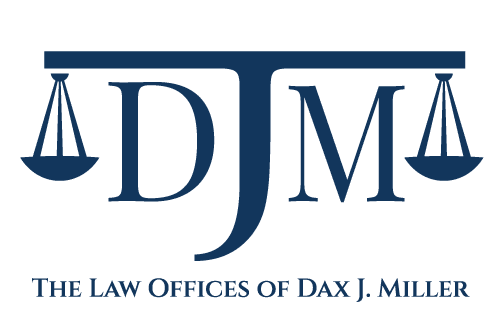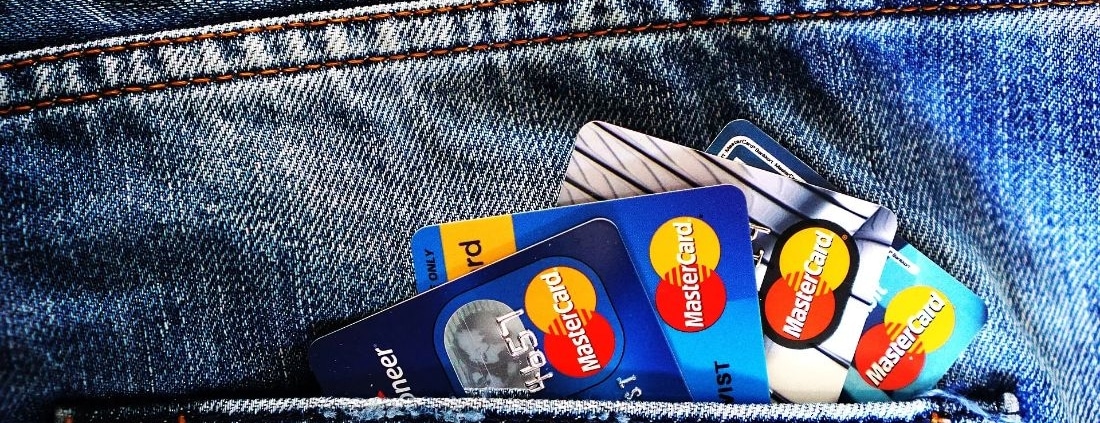Increased Bankruptcy Filings Due to Debt Surge
Debt Surge Leads to Increased Bankruptcy Filings
Credit card and loan payment delinquencies are experiencing an upward trend, posing significant challenges for consumers in Atlanta, Georgia. While some individuals may continue to meet the minimum payment requirements on their loans, the mounting interest and growing balances are becoming increasingly burdensome leading to increased bankruptcy filings. Furthermore, securing new loans has become a formidable challenge, as lenders are adopting a cautious stance. This shift is leading to a reluctance among lenders to extend new lines of credit or personal loans to help individuals manage their debts, trapping consumers in high debt balances with little respite in sight.
High Interest Rates Contribute to Increased Bankruptcy Filings
The Federal Reserve (the “Fed”) has been proactively addressing the surge in inflation rates. However, the consequences of these efforts are acutely felt by those striving to regain their financial stability in the post-pandemic landscape. In March 2022, the Fed raised the benchmark borrowing rate for the first time since 2018, and in July 2023, they elevated it to the highest level in 22 years. These actions have incentivized savings at the expense of lending, causing financial institutions to curtail lending activities. Consequently, consumers are facing challenges in obtaining loans or lines of credit and are encountering elevated interest rates across various consumer loan types, including auto loans and mortgages. Furthermore, this change in lending dynamics is dampening consumer demand and their ability to spend, contributing to the slowdown in economic growth.
Beyond the effects of higher interest rates and reduced lending, unemployment rates remain volatile. Before the pandemic, unemployment rates were approximately three percent. However, by May 2020, they had skyrocketed to nearly fourteen percent. Although post-pandemic unemployment rates have declined significantly, as of August 2023, the unemployment rate remains at its highest level since early 2022. Many Americans continue to struggle to secure full-time employment and often resort to multiple part-time jobs or face unemployment altogether.
Credit Card Balances Reaching Record Highs
While some credit card companies provided relief during the pandemic, credit cards and loans have become a significant source of hardship for most consumers in the post-pandemic era. The average credit card interest rate has reached a record high, currently standing at 20.6 percent. Traditional banks and credit unions have shown reluctance in extending lines of credit and conventional loans. This downturn is exacerbating the difficulties consumers face in finding financial relief without accumulating substantial additional debt.
Household debt has surged by $16 billion in just the second quarter of 2023, with credit card balances growing by $45 billion, partly due to utilization and partly due to the challenging task of reducing balances given the high interest rates. Auto loan debt has increased by $20 billion, reflecting the elevated value of vehicles since the pandemic.
On average, the typical American consumer carries around $21,800 in personal debt, with a significant portion attributed to credit cards and car loans. Recent economic trends suggest that these numbers are likely to rise further. Many available debt relief programs recommend debt consolidation loans. However, consumers are grappling with the same issue of high interest rates and stringent lending restrictions imposed by financial institutions.
Answer May Lie in Bankruptcy
Genuine Relief Filing for bankruptcy offers consumers the opportunity to discharge a portion or all of their debts while safeguarding their assets and seeking to repay non-discharged debts. Bankruptcy enables consumers to achieve genuine debt relief immediately upon filing, accompanied by a federal injunction that halts debt collection phone calls, letters, and negative credit reporting. In just a matter of months, bankruptcy can provide consumers with a fresh start.
We invite you to schedule a complimentary phone consultation with our office to explore how bankruptcy can offer you a pathway to financial recovery. Click here to book your appointment today.





